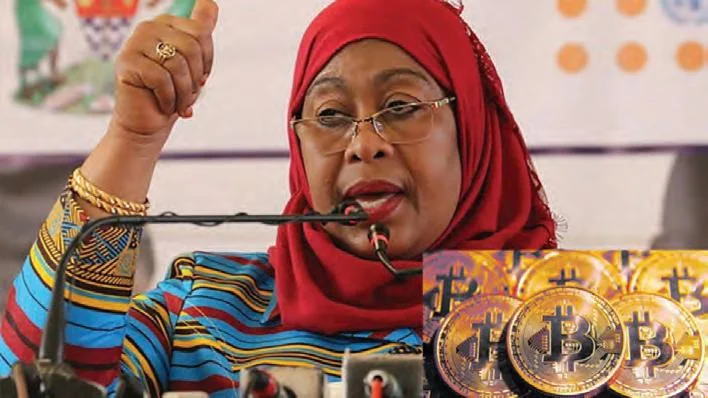Investment
How Africa Could Become a World Leader in Central Bank Digital Currencies (CBDC) By Carlos Mureithi for Quartz
DR. CO-PIERRE GEORG, associate professor at the University of Cape Town (UCT), South Africa, is an expert on central bank digital currencies (CBDC). He says Africa should take the lead in disrupting the global financial services system through the instrument, as the continent has a significant remittance market, and is primed for more fintech investment. UCT recently joined the University Blockchain Research Initiative, a blockchain accelerator program, to solve key fintech challenges, and explore real-world solutions for blockchain and cryptocurrency. Digitizing currencies is not an easy proposition, and raises questions around accessibility, privacy, and what architecture to use. Quartz spoke about these and more with Dr. Georg, who is also a research economist with Deutsche Bundesbank, Germany’s central bank. The conversation was edited and condensed for clarity. Quartz: How could central bank digital currencies (CBDCs) be feasible in Africa? The question really touches on “How should central banks approach CBDC?” I think the best way to look at them is as a piece of public infrastructure, [with] some principles that you should follow. It should be universally accessible, should be open to everyone, should be transparent efficient trustworthy. And in that regard, Africa doesn’t differ from Europe, the US, or from China. Asset tokenization is a very powerful driving force for a lot of business models these days. We need to decide how we are going to build this public infrastructure. The additional challenge that Africa has is that it’s a lot of countries. If every country is building their own CBDC, then 64
July-August 2021
you have some co-monetary areas like we have here in southern Africa. You need to make sure that, on top of all the principles that hold for public infrastructure, they are also interoperable. I think that’s quite key: to create a system that doesn’t add artificial barriers to economic activity between the different countries A lot of central banks are evaluating this now and they are making decisions on how to build the CBDC platform. The big challenges of CBDC and one of the big open questions that also might also need the studying is: “How do you provide universal access to digital payments?” How do you include people who don’t have smartphones, or who don’t have phones into a modern digital payment system? And that’s one of the questions that we’re working on. Quartz: What kinds of problems would CBDCs solve? Think of somebody living in an informal settlement. They struggle with access to finance because they don’t have collateral. They also probably don’t have a bank account. But even if they do have a bank account, they don’t have collateral, because title deeds in these situations are uncertain, they are not always formally recognized. So these guys struggle to access a lot of financial DAWN
www.africabusinessassociation.org













































